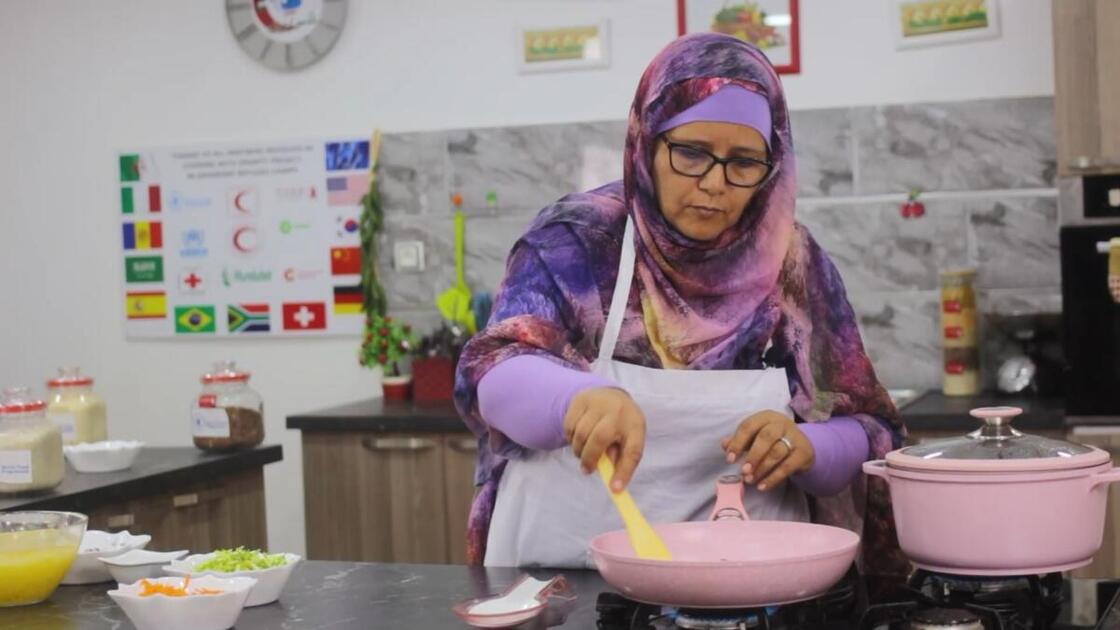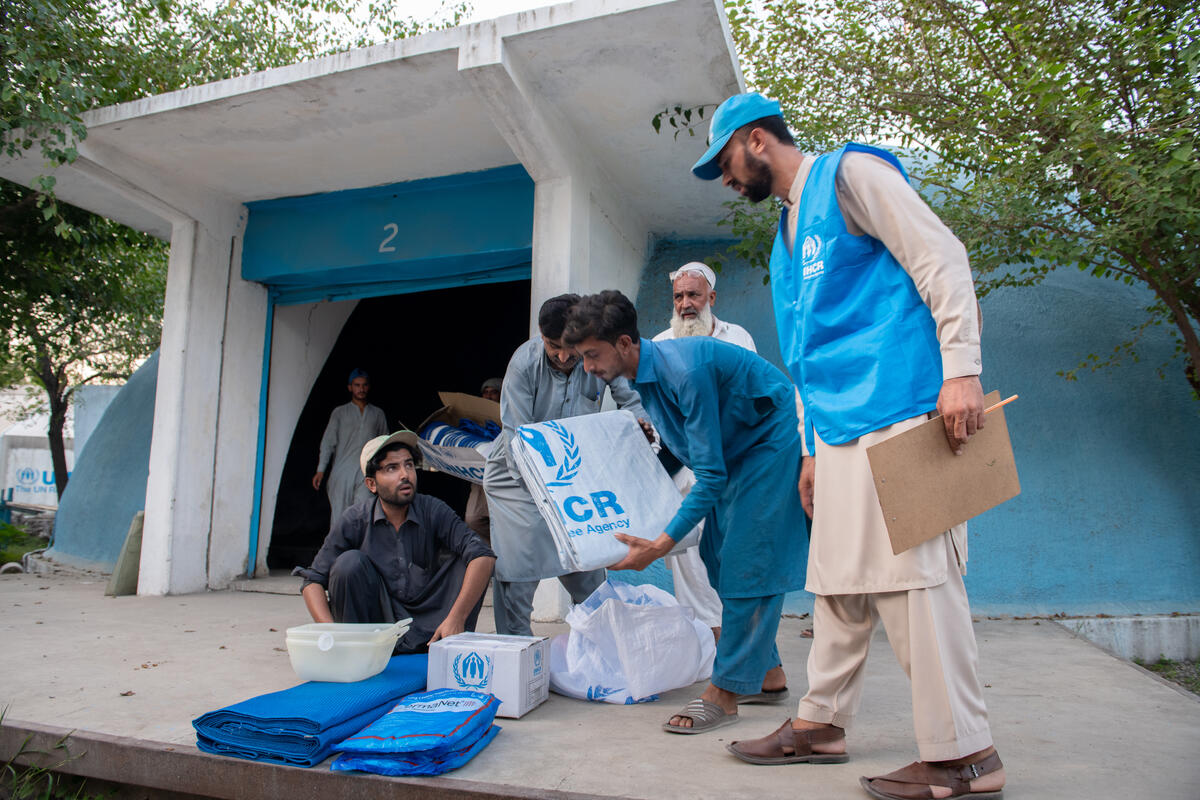Colombia: new report depicts difficult humanitarian situation in border areas
Colombia: new report depicts difficult humanitarian situation in border areas

The humanitarian situation in Colombia's border areas remains deeply challenging, according to a recent study by UNHCR, the UN Refugee Agency, and the Colombian Ombudsman.
The report shows that despite the efforts made by national and local institutions to assist victims of the armed conflict, clear gaps remain, in particular in terms of access to State services and prevention of forced displacement, loss of property and child recruitment.
It also stresses the challenges faced by people entering the country through irregular channels, including human trafficking risks, poor reception conditions and limited access to official documentation.
The situation of Afro-descendant and indigenous communities settled in border areas is of particular concern. Although legislative changes have been made to ensure the protection and survival of ethnic groups, the Colombian government must do much more to improve the living conditions of these communities as well as their physical and cultural protection, the report says. It also calls for the defence of their territory and the strengthening of self-government.
The report also calls for the reinforcement of State institutions in the border areas so they can better guarantee the respect of fundamental rights and the fight against extreme poverty. These include ensuring basic needs such as housing, income generation and food access, which in some border areas are still below the national average.
For more information on this topic, please contact:
- In Mexico, Francesca, [email protected], + 52 1 (55) 9197 2690
- In Colombia, Rocio Castañeda, [email protected], +57 31 4411 5431









